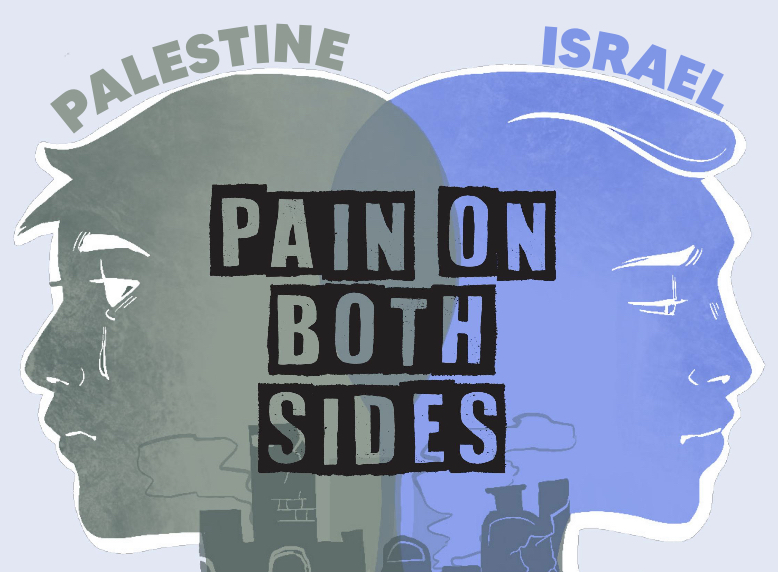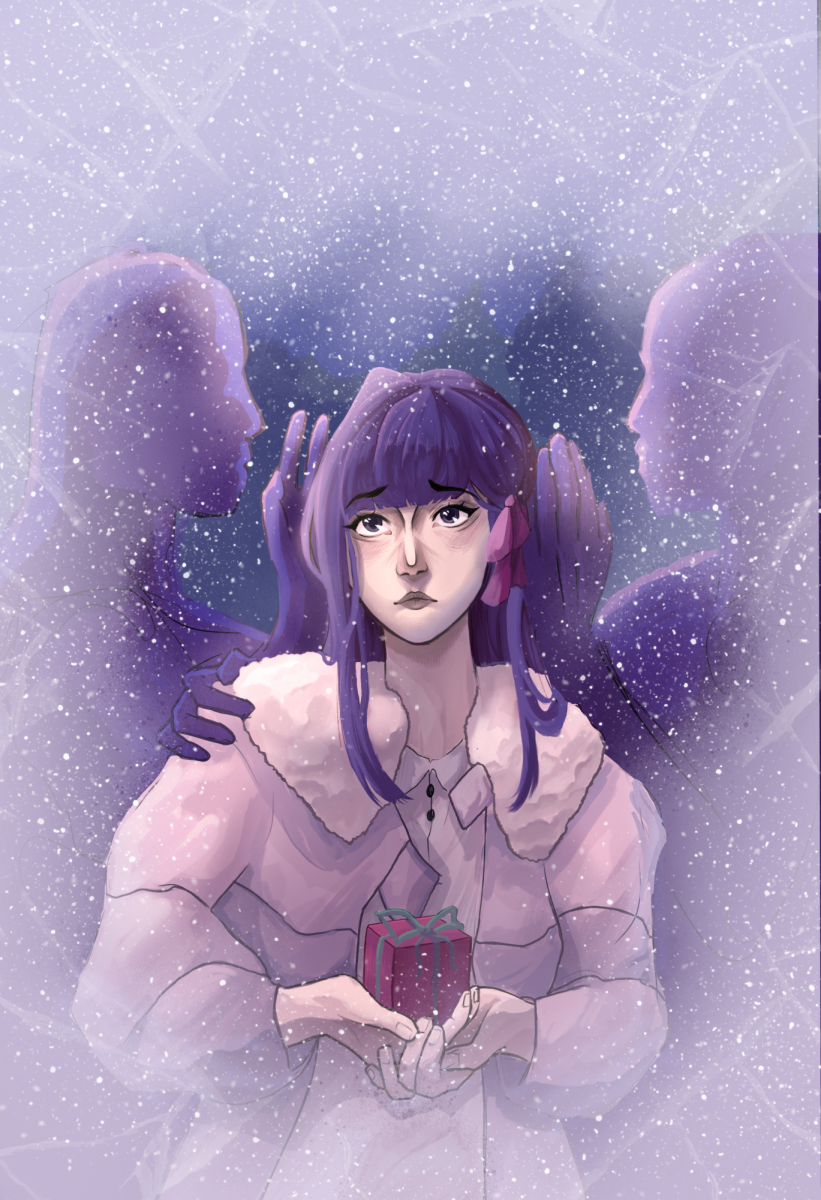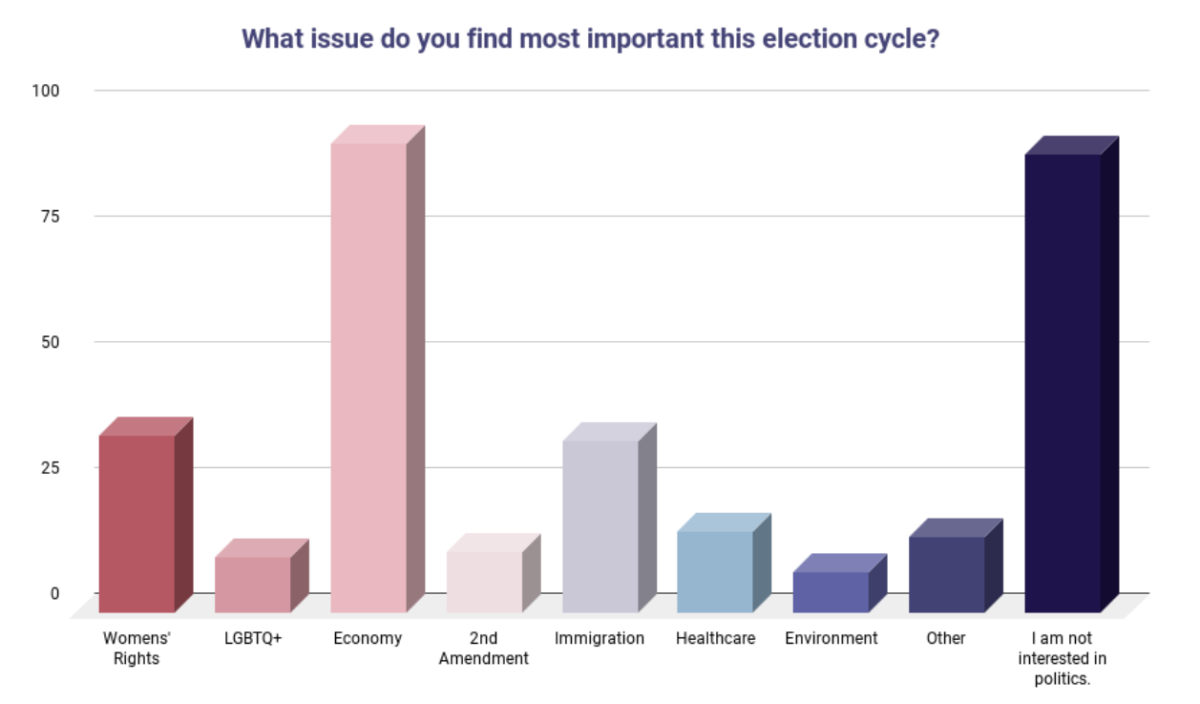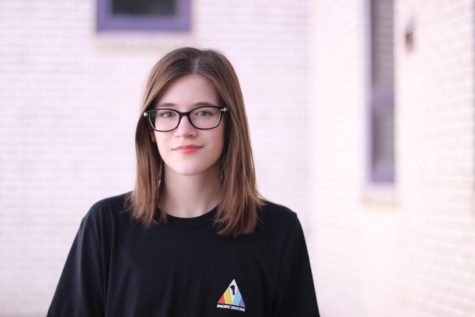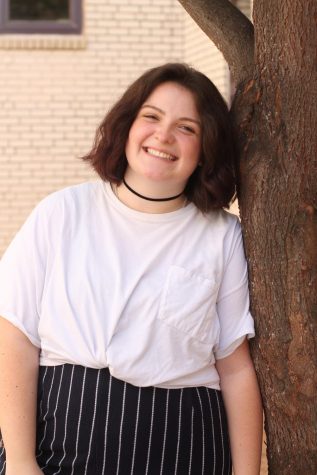Editor’s note: This story was a part of the in-depth package of our April 26, 2019 issue, which won best series or project in the Dallas Morning News high school journalism contest. It also won second place for print in-depth news/feature packages in the ILPC contest.
*Names have been changed to protect the identity of those involved
On the way to school, then freshman Sarah* sat in the back of the car gasping for air. She was so anxious she couldn’t breathe.
Starting that year, Sarah realized she suffered with anxiety and depression. When she first told her mom, she was taken to a psychiatrist and prescribed Lexapro for her depression. She also asked for something to help calm down her anxiety, and was prescribed .25 mg of Xanax. Sarah was never told about the major side effects of her medication, including how addictive they can be.
The first time she got high on Xanax, it wasn’t on purpose. She took one of her medication, and it didn’t help her anxiety. So she took another one. And another one.
“I didn’t know what was happening,” Sarah said. “I was like ‘oh my god, why is everything spinning?’”
While she was scared at first, the Xanax gave her a good feeling, and calmed her down. After that, she vowed to only take Xanax as prescribed.
• • •
Sarah didn’t feel the need to get high from Xanax again — her boyfriend of a year made her feel happy, despite her anxiety and depression. He was her first love, and at the time, she would’ve done anything for him.
“When you’re in love, it’s its own kind of drug,” Sarah said. “You’re so happy, nothing else matters.”
At the end of their relationship, things became toxic, and Sarah now realizes that she was at fault. She admits to acting manipulative, and guilt tripping him by saying things like, “I could never live without you,” to prevent their relationship from ending. In her sophomore year they broke up.
“I was so dependent on him that when we broke up, all I could think was ‘I’m going to die. I can’t live without him,’” Sarah said. “He became my anchor.”
After the breakup, all of her sadness and depression came back. Sarah called her best friend on the phone crying, only to learn that her friend was ignoring her because she couldn’t handle her sadness and depression. That’s when she turned again to abusing her prescribed Xanax.
“Even with a nice house and nice parents, I still felt really empty,” Sarah said. “All I could see was sadness. I had no hope that there was light at the end of the tunnel. I wanted to die, but I knew that would upset my family, so I just got high because that was the only escape from all of the sadness that I was going through.”
For three weeks, she abused Xanax daily, taking three .25 mg tablets whenever she felt depressed or anxious. After being high for four days straight, a friend told her that he cared about her and her health, and didn’t want to see her overdose and die. That meant a lot to Sarah — all she desperately wanted was for someone to care.
“That’s when it finally hit me,” Sarah said. “I’m addicted and I need to stop.”
It took Sarah about two weeks to completely detox herself. Throughout that time, she experienced severe withdrawl symptoms.
“I was so demobilized, and I couldn’t even stand. I had to get on the floor and I was holding onto the ground,” Sarah said. “I didn’t want to live it was so bad. I just remember clinging onto the floor like it was my last hope.”
Recently, when she began to relapse and realized she might become addicted again, she went and told her mom to stop her from taking it.
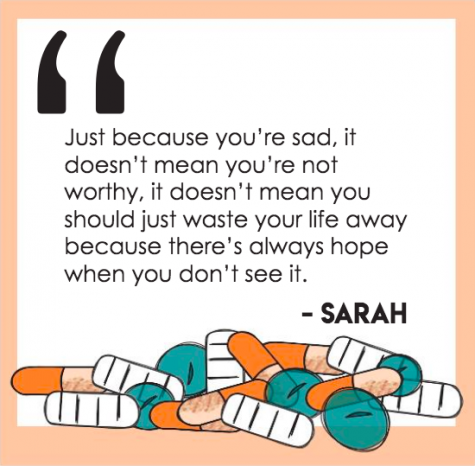
“You want to hold onto that because it’s your escape,” Sarah said. “I pushed through and found the strength to tell her.”
While Sarah’s mom has been open and helpful when discussing her anxiety and depression, she says many of her friends come to her after their parents brush off their concerns.
“I can’t make their parents’ situation better,” Sarah said. “I can give them advice and love them and support them, but I cannot take them to the doctor, get them meds, get them therapy.”
Sarah believes this is part of the reason depression and anxiety is so common in Generation Z, and why many turn to abusing prescription drugs.
“If you feel like dying, you probably know your parents don’t want you to die, and your family doesn’t want you to die,” Sarah said. “For me what it was, is since I can’t die, I might as well forget what it feels like to be sad for a little bit.”
Now, Sarah goes to therapy every two weeks, and is on new medication for depression and bipolar disorder. While she recognizes the importance of therapy, she credits the medication she’s on for finally giving her happiness — something that she hasn’t experienced for two years.
“They’re the only way I get through my day,” Sarah said. “If I don’t take them for one day, I’m suicidal.”
While she still struggles, Sarah remains hopeful for the future.
“I still fight through it every day,” Sarah said. “I’m going to therapy, and I haven’t given up on myself. I know if we just find the right combination of medication and therapy, it will be okay.”
She encourages others struggling with addiction to ask for help and build a support group without toxic people.
“Just because you’re sad, it doesn’t mean you’re not worthy,” Sarah said. “It doesn’t mean you should just waste your life away because there’s always hope even when you don’t see it.”






